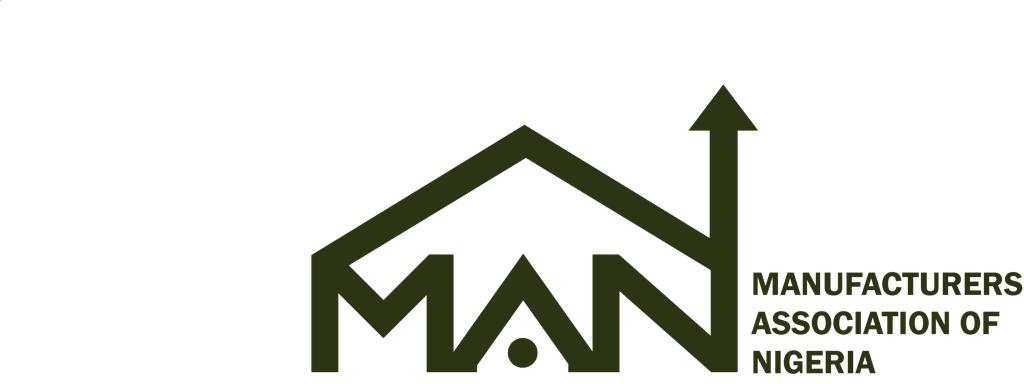Standard Chartered Bank has collaborated with the Lagos Food Bank Initiative to sort, pack, and distribute food and dental hygiene boxes to support 300 less privileged and vulnerable families.
The Bank said that the initiative, aimed at tackling hunger, had shown its commitment to supporting communities where it did business, according to The Punch.
The Acting Head of Corporate Affairs, Brand, and Marketing of the bank, Joke Adu, said, “We are very proud of the volunteering opportunity we had with the Lagos Food Bank Initiative. As a bank, we believe in contributing our time, expertise, and resources towards improving the various communities where we operate.
“To achieve this, every employee gets three days every year to volunteer towards various initiatives focused on education, employability, entrepreneurship, environmental protection, relief effort support, etc that foster development and economic empowerment in society.
“We have packed and distributed food boxes that will support over 300 families across the state as a testament to our commitment towards making a positive impact in the community. For us, this is one of the many ways we continue to reiterate that we are here for good.”
Meanwhile, the President/Executive Director of the Lagos Food Bank Initiative, Dr Michael Sunbola, stated, “I sincerely appreciate the proactiveness of Standard Chartered Bank, especially in this season where there is a steady increase in the cost of food and living expenses.
“In this fight to achieve zero hunger, we have come to realise that working alone will yield no results which is why this partnership has come at a timely period and will go a long way to sustaining vulnerable families.”
According to Sunbola, the organization has seen first-hand, how hunger affects people in this country in its 8 years of existence.
“Today’s event with Standard Chartered Bank shows the importance of collaborations between civil society and corporate organisations. Their active participation at the outreach shows their mindset for sustainability, especially in this economic downturn affecting families from low-income communities.”
Nigeria has recently been facing food inflation and food security challenges. Food inflation can be attributed to rising prices for items such as Garri, millet, yam tuber, water yam, and others, according to the National Bureau of Statistics.
The Federal Government has allocated N5 billion to each State and the Federal Capital Territory to buy food items that can be distributed to the poor within their states as a result of the removal of fuel subsidies.










